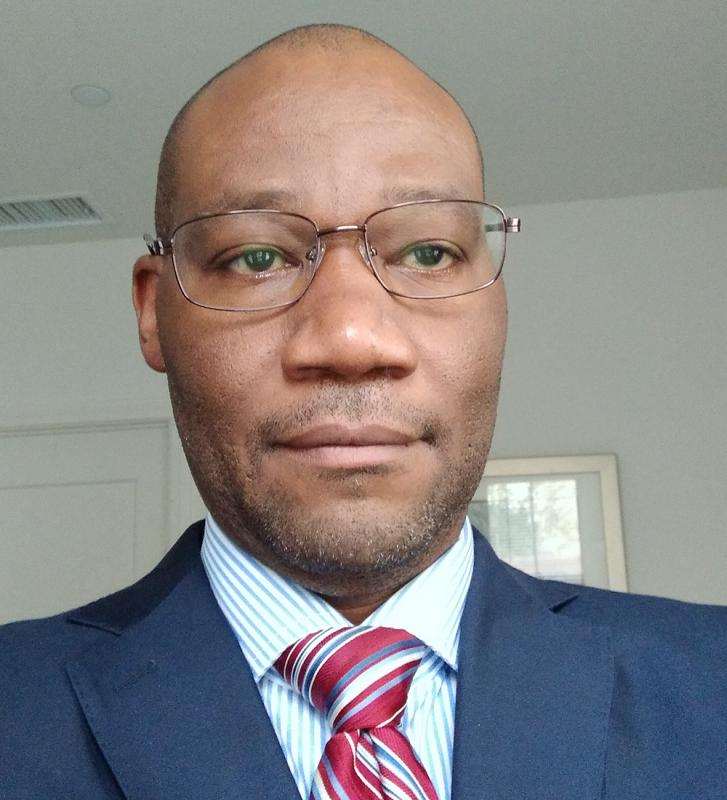
Department Seminar: Mody Lacour
Title: Thinking global and acting local: A system’s approach to climate change mitigation and adaptation
Abstract: Climate change is an enormous challenge facing humankind today. It is the single biggest environmental threat facing the planet, and we need to act fast to mitigate it. Recent increases in greenhouse gases (GHG) have resulted in at least 1.1oC rise in the average global temperature since 1880. To help limit global temperature increase to 1.5oC, we must urgently reduce GHG emissions to net zero. A suitable pathway entails reducing emissions in all sectors. In the energy sector, GHG emissions can be mitigated using technologies such as rooftop solar PV systems and solar farms which are currently deployed in underserved and marginalized communities. In the agricultural sector, increases in GHG emissions have been driven by unsustainable practices such as clearing forests that cause deforestation. To achieve net zero emissions, there is a need to drastically reduce emissions from high-income countries and avoid large increases from still-developing countries. Unfortunately, the focus has been on rich-country emissions reduction, with much less attention to trends in low-income countries.
In this talk, I will present research that I carried out to evaluate the energy performance and model the energy output from a rooftop grid-connected solar PV system in Ireland. I will also present my research on understanding the trends and drivers of fossil fuel CO2 emissions in African countries where GHG emissions are poised to increase by ~30% by 2030. Finally, I will present the results of my work that investigated the profitability of smallholder farmers investing in palm oil production which contributes to about 35% of deforestation in Cameroon.
